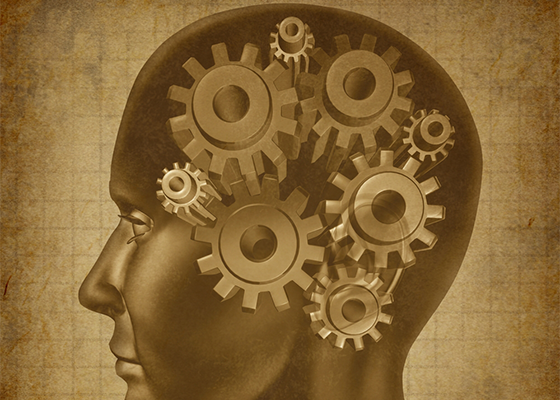HEIDI DOUGLASS | h.douglass@unsw.edu.au
Such everyday tasks that make significant demands on the brain are called instrumental activities of daily living (IADLs). Most healthy people do these tasks effortlessly and without thinking. Some older people begin to have difficulties with them.
Researchers at the Centre for Healthy Brain Ageing (CHeBA) conducted a study examining instrumental activities of daily living (IADL) over a two year period in community-dwelling older individuals. These people did not have dementia, and would normally be expected to perform these tasks without difficulty.
Dementia, however, does not happen overnight, and most dementia sufferers go through a long period, often years, during which they have more subtle problems. This stage preceding dementia has been called Mild Cognitive Impairment (MCI). MCI has generally been associated with difficulties in memory beyond the normal forgetfulness that occurs with ageing, and not impairment in IADL, and the general belief among clinicians is that once IADLs become affected, dementia has set in.
The CHeBA study explored whether functional ability is predictive of cognitive decline and whether more cognitively demanding activities (such as multi-tasking or giving directions) are a better predictor of MCI and dementia than lower cognitively demanding IADL (such as preparing food or tending to personal hygiene). 602 individuals between the ages of 70-90 years underwent cognitive and medical assessments at the commencement of the study and after 2 years. Interviews with a knowledgeable relative or friend were also conducted who gave information on the person’s IADL.
First author of the paper, Simone Reppermund, is the Sydney Memory and Ageing Study Co-ordinator at the Centre for Healthy Brain Ageing (CHeBA). She says that “results showed that individuals with mild cognitive impairment already are having problems with the more demanding IADLs, and those with IADL impairments show a higher rate of progression to dementia, a shorter time to develop dementia and they are less likely to revert back to normal.”
This study indicates that once more cognitively demanding activities were assessed (such as continuing with a task after a brief interruption or performing a task when under pressure), there is evidence that impairment in IADL can be present before a diagnosis of dementia is warranted.
“Functional restrictions, and in particular restrictions in cognitively demanding tasks in normal individuals are a predictor of MCI and dementia over a two year period, indicating that subtle cognitive impairment may be causing functional impairment.”
“Subtle cognitive impairment is therefore likely to be a major hidden burden in society,” she says.
According to Scientia Professor Perminder Sachdev, Co-Director of CHeBA, this silent burden is a societal issue that needs to be recognised.
“With the age pension age set to increase to 67 years of age, people are working later in life than ever before,” he says.
“With this significant social change comes the increased likelihood for undiagnosed cognitive decline to affect the functioning of people in all spheres of life. I can imagine many top executives and other individuals in power whose decision-making may be subtly affected because they have MCI. We need to discuss this openly, just as we now discuss dementia. MCI is more common than dementia, and we must develop the tools to recognise it better and intervene early to help these individuals, if only to delay the development of dementia.”




